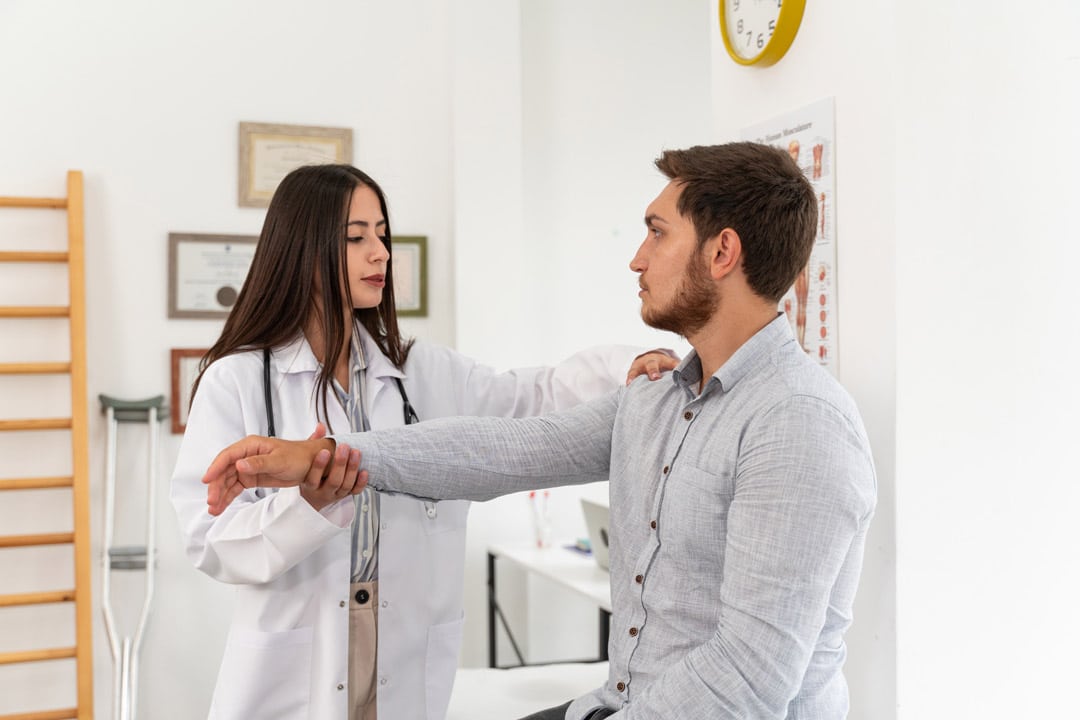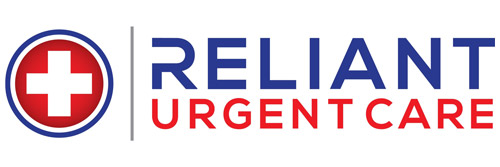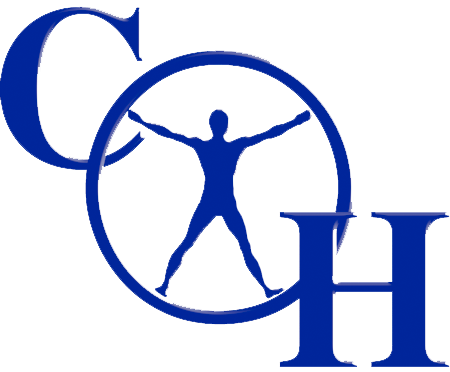
At Medicine for Business and Industry (MBI), we specialize in occupational injury care by providing immediate medical treatment for employees with workplace injuries. We are experts in providing occupational injury care to our clients’ employees.
If your business and employees would benefit from the many advantages of having dedicated care for injured workers, contact us today to learn more about how we can support your healthier, more productive workforce.
Timely, Efficient Treatment
By focusing on the injured and not the ill, your employees get the early diagnosis and treatment they need to get on the road to recovery.
Our approach to occupational injury care and case management ensures timely treatment designed to return employees to their pre-injury functionality and to the workplace as soon as is physically appropriate.
Who We Serve
MBI strives to provide top-quality service for all industries.
With 40 years of workers’ comp industry experience, the MBI team understands the needs of employers and their employees.
Construction
Manufacturing
Transportation
Healthcare
Service & Hospitality
Retail
Education
Helping Your Employees Get Back To Work

Workplace injuries are more common than you’d think, and they can happen despite your best efforts to prevent them. So, what do you do if there’s a work-related injury on your job site?
At Medicine for Business and Industry, we help you through the entire process. We partner with all workers’ comp insurance companies to provide the best outcomes for getting employees back to work. Since 1982, our one and only commitment has been to care for our workforce – to help people fully recover and return to their life and livelihood.
Our Occupational Injury Care Services
MBI is the leading regional specialist in occupational injury care. We treat your industrial athletes.

Our medical care providers take the time to perform a detailed evaluation of the injured worker in order to create a comprehensive treatment plan that takes into account their work duties and work capacity.
We provide employees with complete information that fully describes their injury or illness, treatment guidelines, and the highest standards of care.

MBI has been providing quality physical therapy services for the employees from nearly every industry since 1982. Our goal is to decrease recovery time with our quality of care in an enjoyable environment and train the patient how to prevent future injuries.

MBI offers onsite drug and alcohol testing to ensure the workplace is safe from unnecessary risk. Our tests allow for negative results within minutes and the faster turnaround helps to speed up the hiring process.





